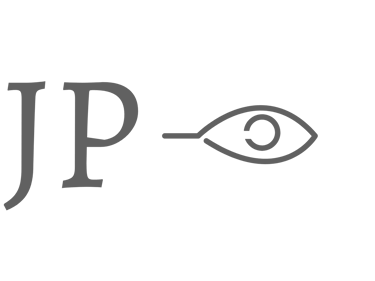Optimizing Habits & Sleep
There are certain foundational behaviors that improve human efficiency across the board. Sleep is the body's primary source of energy and, subsequently, functionality. Hishkowitz et. al. (2015) conducted a study endorsed by the U.S. Center for Disease Control that suggests adults need an average of eight hours of sleep most nights of their life (the hours of needed sleep increases proportionally as age descends into youth and infancy). The operating word is most; there should certainly be nights in life that are worth losing sleep over, but routine sleep deprivation causes downregulation of the hypothalamus (the part of our brains connected to the metabolic system, immune system, libido, etc.), and wires the central nervous system toward sympathetic activity (i.e. anxiety, aggravation, irritability).
Receiving adequate sleep aligns the circadian rhythm—a series of biological and psychological processes that oscillate in predictable patterns each day. It's essentially a clock that reacts to environment, which means the best way to reset it if it's misaligned is to absorb 5-10 minutes of light within the first hour of waking up. The melanopsin retinal ganglion cells (mRGCs) in the eyes will convey a wake-up signal to the hypothalamus, which will subsequently release dopamine (commonly referred to as the happiness hormone, but it actually confers motivational salience and manufactures adrenaline) into the body.
Note that sunlight is better than artificial light (there are more photons outside on a cloudy/rainy day than there are in a light box), but schedules differ among individuals, so adjust as necessary. This exposure to light at the start of a routine will modulate the timing of one's cortisol pulse, which calibrates the body's temperature, blood pressure, level of alertness, focus, and mood. Minkel et. al. (2014) suggest that "sleep deprivation is associated with both elevated resting cortisol release and with an exaggerated cortisol response to a stressor indicative of elevated HPA axis responses in healthy adults", which means that a late cortisol pulse (sleeping in too late) shifts our clocks to the circadian dead zone, which is closely linked with depression, anxiety, and—to complete the vicious circle—insomnia.
Lastly, for all the caffeine lovers: Rodríguez-Artalejo & López-García (2018) argue that consuming caffeine in moderation can provide substantial health benefits, including "reduced risk of heart disease and stroke, treatment of migraine headaches, increased alertness and mental acuity, fewer symptoms of depression, and even reduced risk of dementia". However, caffeine also blocks the chemical reactions of adenosine and melatonin (organic compounds that trigger the parasympathetic nervous system), which make us feel tired. Therefore, make sure to consume it early in your daily routine.
What's your relationship with sleep? Are you able to incorporate the tips aforementioned into your own life? What are some other strategies you employ to help your get through a day? What other habits can you start to optimize?
References
Hirshkowitz, M.; Whiton, K.; Albert, S.M.; Alessi, C.; Bruni, O.; et al. (2015). The National Sleep Foundation’s sleep time duration recommendations: methodology and results summary. Sleep Health. Vol. 1(1), p. 40–43.
Minkel, J., Moreta, M., Muto, J., Htaik, O., Jones, C., Basner, M., & Dinges, D. (2014). Sleep deprivation potentiates HPA axis stress reactivity in healthy adults. Health Psychology, 33(11), p. 1430–1434.
Rodríguez-Artalejo, F. & López-García, E. (2018). Coffee Consumption and Cardiovascular Disease: A Condensed Review of Epidemiological Evidence and Mechanisms. Journal of Agricultural & Food Chemistry, Vol. 66, p. 5257–5263.
